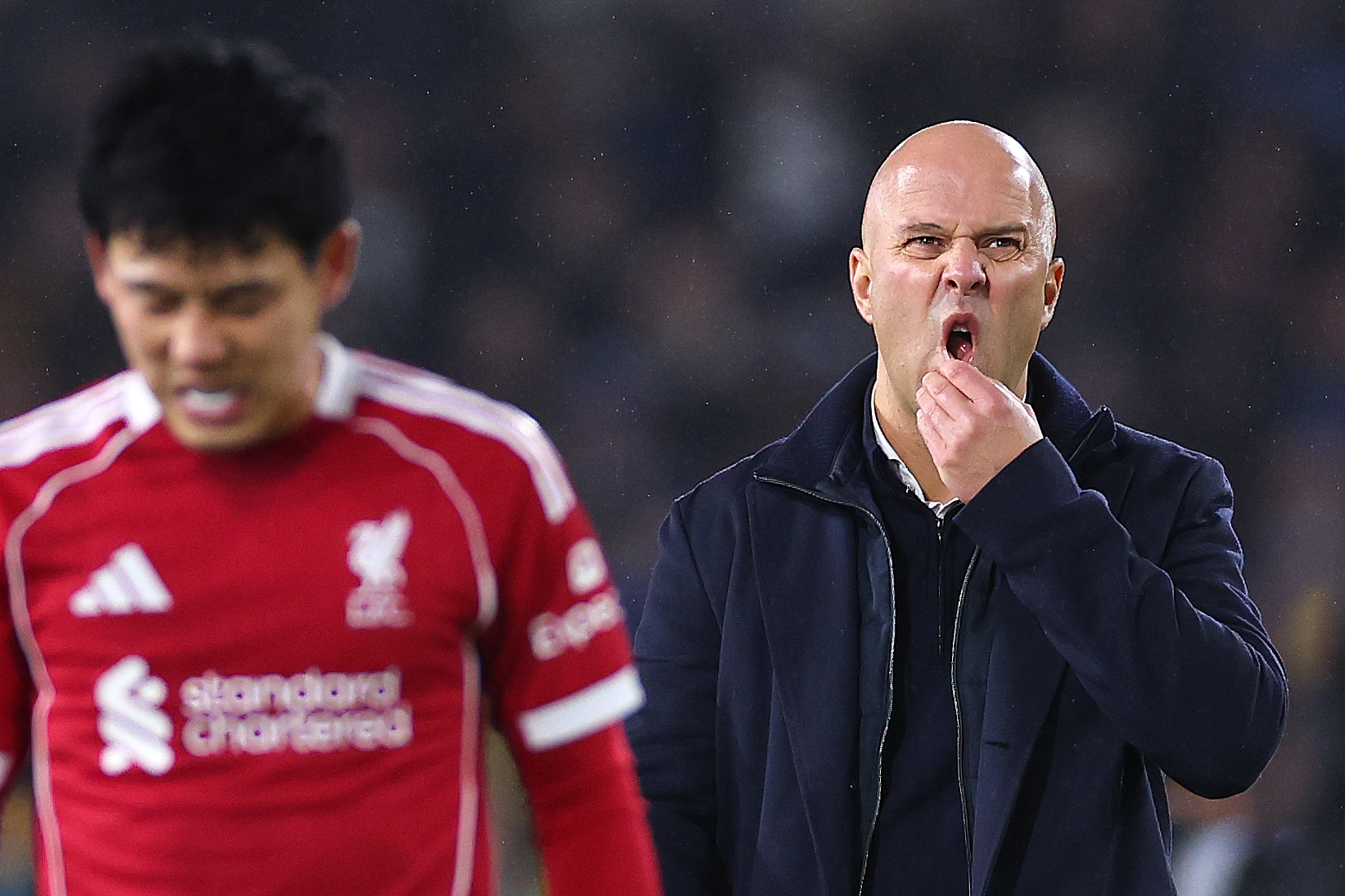
There are no shortage of examples of Olympic hosts building vast stadiums that are rarely used after the Games and with a price tag of over $500 million, the National Stadium always had the potential to become the mother of all white elephants.
"Most stadiums in the world run in normal methods are not able to make profit," Zhang Hengli, deputy general manager of the CITIC Consortium Stadium Operation Company, told Reuters.
"But China is different. Firstly we have a large population. The other thing is the stadiums in Beijing are mostly located in busy areas so we can guarantee a certain flow of people, which is a foundation of our profit.
"I believe in good economic conditions, the venue in Beijing could quite possibly make a profit."
Economic conditions may not be good, but Zhang said revenue from the 20 to 30,000 tourists currently visiting the site every day could cover the 70 million yuan ($10.24 million) maintenance costs and the 80 to 90 million yuan a year in interest payments.
Zhang recognised, though, that as potent as the memories of the exploits of sprinter Usain Bolt and the spectacular opening and closing ceremonies were, they will eventually fade.
"The Olympics ... endowed the stadium with rich cultural meaning, but such meanings will be expiring with the next Olympics coming up," Zhang said.
The best features, fun and footballing quizzes, straight to your inbox every week.
"So our task is to make new meanings for it. We are going to add more culture activities into it to attract the tourists visually and psychologically."
The plan, Zhang explained, was to put on two shows a day, one in the afternoon with a sporting theme and another in the evening which he hoped would become a fixture on Beijing's nightscene.
A performance of the opera Turandot is planned for the one-year anniversary of the opening of the Olympics on Aug. 8 and permission is being sought for another large concert in May.
It may, however, be a while until a full house of 80,000 -- the capacity was reduced after the Games -- cheer on athletes at a sporting event.
Plans for the Beijing Guoan soccer team to play their home matches at the stadium were cancelled and the authorities have yet to invite tenders to host the IAAF Diamond League athletics meeting that will take place in China from 2010.
"To be honest, it's not very easy to find regular uses for a stadium," he said. "We have to understand this situation and be innovative."
The cultural performances, moreover, make it more difficult to host sporting events, Zhang said.
"The grass pitch we have here is removable which is very expensive to set and remove. So a single football match would not be worth the cost," he said.
"So we have decided to have a sporting season of one or two months every year which will include several events."
NAMING RIGHTS
Another potential revenue stream is the naming rights for the stadium and Zhang said there was plenty of interest with one Chinese company having prev
 Join The Club
Join The Club





